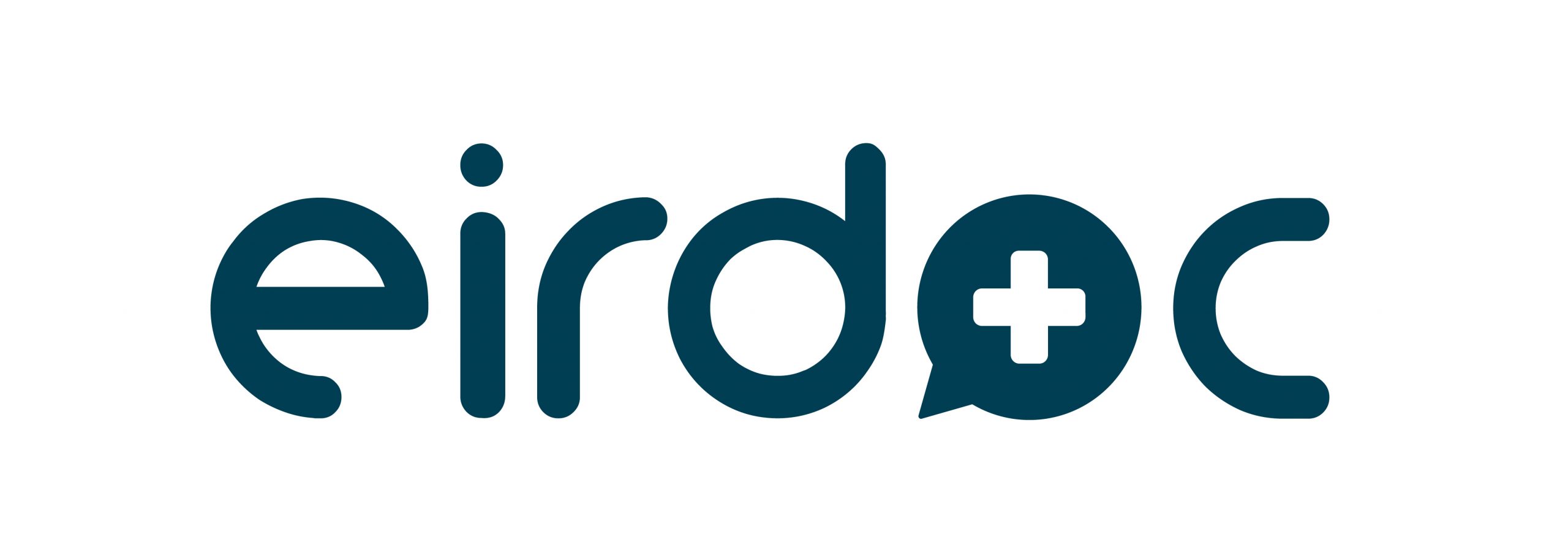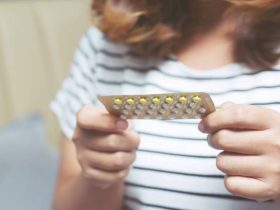How does hormonal contraception lead to clots?
Yes, hormonal contraceptives can raise the risk of blood clots. Generally, hormonal birth control comes in two forms. One contains both estrogen and progestin, whereas the other contains progestin solely. Estrogen has been related to an increased risk of blood clots because it raises clotting factor levels.
Some tablets, the contraceptive patch, and the vaginal ring contain both types of hormones. Birth control techniques available do not contain estrogen if you choose to avoid it. Progestin-only birth control techniques include the pill, injection, and implant. There are also a few intrauterine devices (IUDs) that contain progestin. You can also obtain a non-hormonal IUD.
Why do hormonal contraceptives induce blood clots?
The blood clots associated with hormonal birth control are distinct from those associated with your menstrual cycle. Sometimes, people mistake blood clots caused by birth control for those caused by vaginal bleeding. However, we refer to blood clots in your legs or lungs.
Doctors are still attempting to comprehend the relationship between hormonal contraceptives and blood clots. Your liver produces numerous pro- and anti-clotting substances. It is believed that estrogen regulates how the liver produces these pro-clotting substances.
References






Leave a Reply